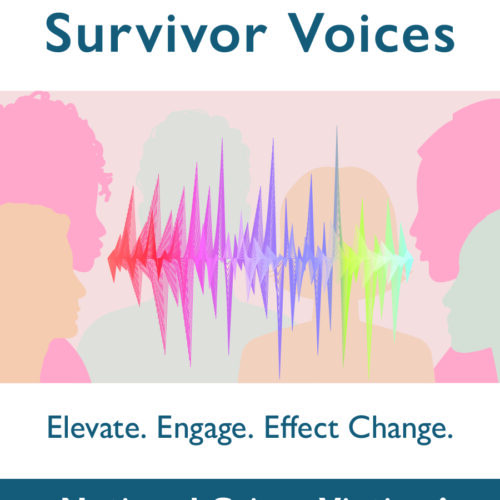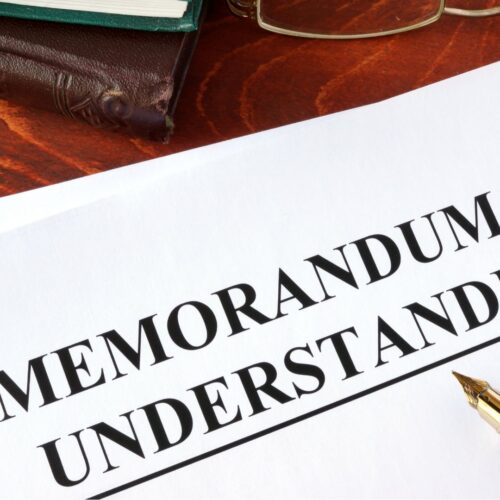
The women of Santa Maria Hostel like to talk about miracles.
They describe the miracle of meeting Amelia Murphy, director of Santa Maria’s Recovery Support Services, when they were hopeless and at rock bottom, locked up for the umpteenth time in the Harris County Jail or in a local Texas Department of Criminal Justice facility. They speak of the “many tiny miracles” they experienced during their time at Santa Maria that allowed them to get control of their addictions, begin to put their families back together, and put some distance between themselves and the criminal justice system for the first time in many of their lives. Many of these women refer to themselves as “a Santa Maria miracle.”
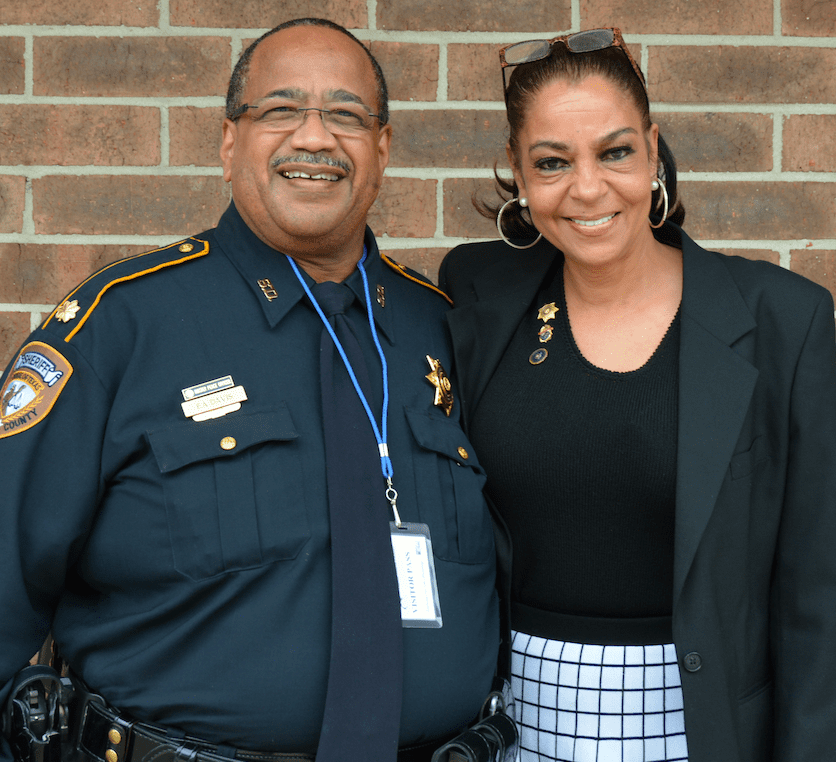
Santa Maria Hostel teams up with local partners Major Edwin A. Davis of the Harris County Sheriff’s Office and Kathryn Griffin-Grinan, who runs We’ve Been There, Done That, a reentry program in Harris County that focuses on women involved with prostitution.
Their stories make clear what seems so miraculous about where they find themselves—clean, sober, and on a path toward a future that would have been unthinkable during the darkest chapters of their lives. And their faces reflect the grit and determination they discovered in themselves when they decided to change their narrative. “You have to want it,” says Miss Amelia, as she’s known by the women of Santa Maria. “But if you do want it—if you’re really ready—we will walk with you every step of the way until you get there.”
Santa Maria’s Path to Recovery Program, which received a 2013 Second Chance Act mentoring grant from the U.S. Department of Justice’s Bureau of Justice Assistance, has been serving women in the Houston area since 2011. More than 370 women and their children are Path to Recovery alums, having moved through programs such as BAMBI, which is the Baby and Mother Bonding Initiative, or Women Helping Ourselves (WHO), which serves pregnant female offenders in Harris County Community Supervision & Correction Department.
Working closely with the Harris County Sheriff’s office, the STAR Drug Court, and other local programs, agencies, and criminal justice professionals, Santa Maria places eligible women in one of its specialized residential facilities for a period of up to a year, often with their young children, and provides programming that includes educational and vocational services, life skills training, transitional housing, and more. When these women leave the Santa Maria facilities, recovery coaches continue to provide the net of support they need to stay clean and crime free “for as long as it takes…forever if necessary,” according to Amelia Murphy.
This approach seems to be working: of the 400 women served since the start of this SCA grant in October 2013, just 14 (3.5 percent) are known to have reoffended to date.
The many women who have graduated from a Santa Maria program express gratitude for the counseling and other services that gave them the tools they needed to reorient their lives. They also point to the amazing women who run these programs.
There’s Miss Amelia, an unforgettable woman with a heart as big as Texas, an infectious laugh, and a rather strict policy of not letting anyone get away from her without a good hug. Then there’s Tracy—a straight shooter with a rollicking sense of humor who is a Path to Recovery case manager—and Kim, a Santa Maria alum with bright blue eyes and a winning smile who has worked for the organization for over three years, most recently as a counselor intern. And there are the recovery coaches in training like Lillian and Sharon, who have turned their lives around after many years of substance use, homelessness, and multiple stints behind bars. These are the people who wrap themselves around the women of Santa Maria, providing them with unwavering support and sharp-eyed insight informed by their own “lived experience.”
Santa Maria’s recovery coach model is unique in that it assigns peer mentors pre- and post-release to women who are pregnant or parenting, many of whom have been diagnosed with co-occurring mental health and substance use disorders. Founded in 1957, Santa Maria Hostel is the largest provider of multi-site residential/outpatient substance use treatment and one of very few in the state to focus on women. Recovery coaches are recruited based on their personal knowledge of recovery and a stable history of maintaining recovery, and include ex-offenders who are members of the target population or are Santa Maria graduates. Uniting personal experience with evidence-based mentoring techniques, Santa Maria recovery coaches are improving reentry outcomes for one the most difficult-to-serve populations in the country’s third largest correctional system.
Despite Santa Maria’s remarkable success helping women change the course of their lives, staff describe challenges that can make or break someone’s chance of making it through those critical first 48 hours after release. Transportation, for example. Ensuring a client has a ride waiting outside the county jail to take her straight to a residential facility can close the dangerous gap into which so many women may fall upon release. Or housing, which may be a challenge if beds at Santa Maria or other post-release residential facilities are not immediately available. If a woman doesn’t have a safe, stable place to stay until she can transition to her post-release program, she may relapse or resume criminal activity soon after release. These are the areas that Santa Maria’s indefatigable staff are currently focused on tackling, to further tighten the system of support they have built for the women in their care.
One sunny day in April, recovery coach Sharon Hadley was celebrating her recent purchase of a car, a reliable but aesthetically challenged Acura she bought for $800. “It isn’t pretty but it runs just fine,” she said. “And it’s mine. I haven’t had a car or even a driver’s license for 15 years. That I’m going to drive home today in this car just blows my mind.”
Just another Santa Maria miracle.
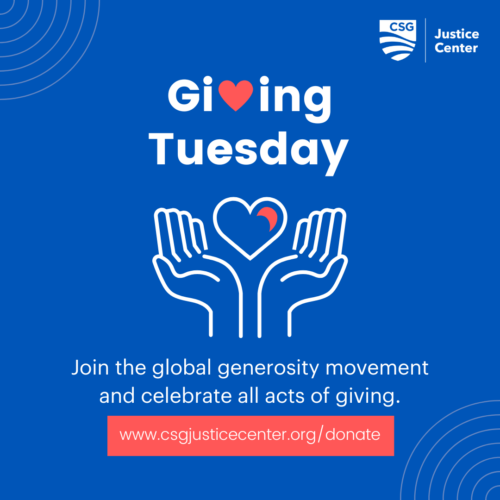 This Giving Tuesday, Help Us Break the Cycle of Incarceration, Uphold Justice, and Offer Second Chances
Read More
This Giving Tuesday, Help Us Break the Cycle of Incarceration, Uphold Justice, and Offer Second Chances
Read More
 Vermont Executive Working Group Hears Recommendations on How to Improve Domestic Violence Responses
Read More
Vermont Executive Working Group Hears Recommendations on How to Improve Domestic Violence Responses
Read More
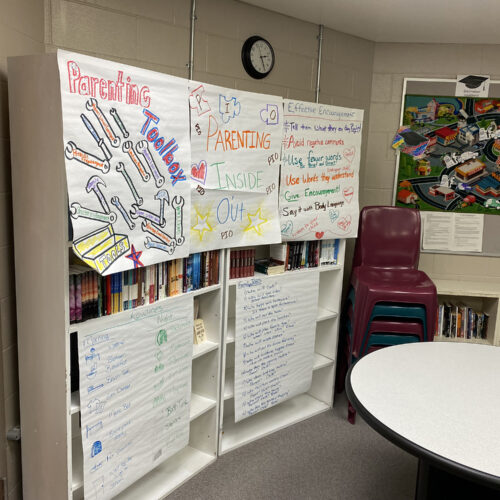 Minnesota Department of Health Leads Cross-County Collaboration to Support Families Impacted by Incarceration
Minnesota Department of Health Leads Cross-County Collaboration to Support Families Impacted by Incarceration
s one of the first points of contact in the criminal justice…
Read More










